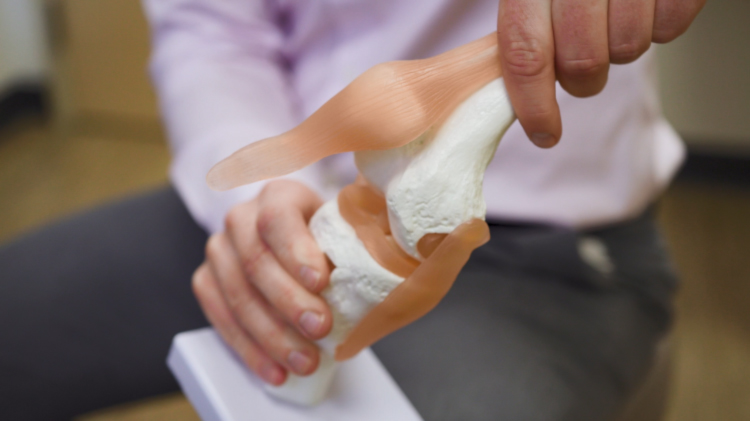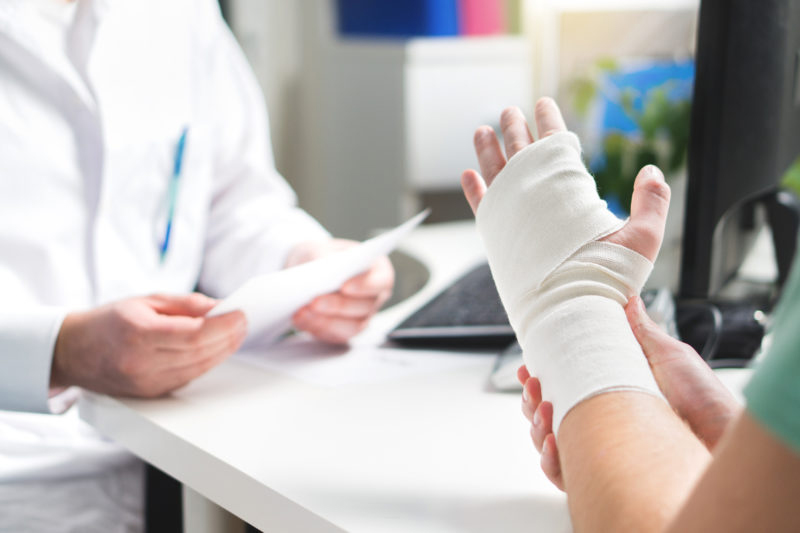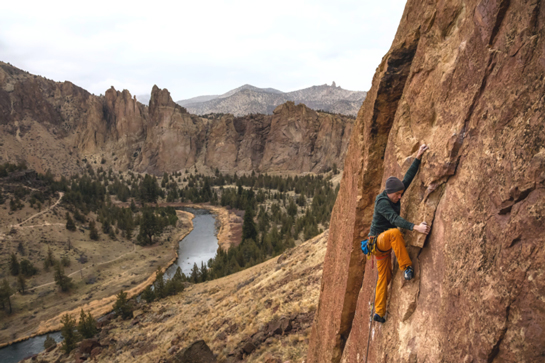What is a concussion?
A concussion is a type of traumatic brain injury (TBI) caused by a bump, blow, or jolt to the head or by a hit to the body that causes the head and brain to move rapidly back and forth. It is a serious condition that requires specialized medical expertise. The majority of concussions are not associated with a loss of consciousness. After an injury to the head, a person with a concussion may not be able to recall events around the injury time, may appear dazed or stunned, be confused, move clumsily, speak slowly, or have other behavior changes. Other concussion symptoms include headache, nausea, sensitivity to light or noise, dizziness, confusion, and changes in attention, concentration, and/or memory.
Signs and symptoms
If you suspect you or someone else has a concussion, monitor for the following symptoms:
- Loss of consciousness: Even a brief loss of consciousness warrants medical evaluation. However, most concussions do not involve losing consciousness and instead result in altered awareness.
- Confusion or memory issues: The individual may appear dazed, unable to answer simple questions, or forget the incident.
- Clumsiness or unsteady movements
- Slow speech or behavioral changes
- Headache
- Nausea or vomiting
- Sensitivity to light or noise
- Dizziness
- Difficulty concentrating or remembering information
Emergency symptoms
Seek immediate medical attention or call 911 if any of the following occur:
- Loss of consciousness
- Convulsions or seizures
- Severe confusion or inability to recognize familiar people or places
- Repeated vomiting
- Unequal pupil size
- Difficulty waking up
- Slurred speech, weakness, numbness or lack of coordination
Signs and Symptoms PDF
Risk factors
Certain individuals are at higher risk of complications from a concussion, such as older adults on blood thinners. If someone in this category experiences a head injury, prompt medical attention is essential to rule out brain bleeding.
Do you suspect a concussion?
If you or your child have a concussion, or if you’ve been diagnosed and need additional care for lingering symptoms, call 541-382-3344 to make an appointment. At the first visit, a physical medicine and rehabilitation provider trained in concussion management will evaluate the patient. Patients will leave with a customized plan to get them back to activity. The appointment may include:
- Cognitive testing
- Assessment for school accommodations
- Assessment for speech therapy. (This is sometimes needed to give strategies for children that compensate for symptoms of confusion, lack of concentration, or problems multi-tasking.)
- Vision assessment
- Social/emotional evaluation; if a patient is depressed or has anxiety about concussion, they may need to see a neuropsychologist for more in-depth assessment
- Balance assessment
- Neck pain and injury assessment; with referrals to physical therapy as needed
Concussion management
For ongoing concussion management, we holds concussion clinics to help patients manage the symptoms that can linger for months after their injury.
The St. Charles Center for Orthopedics & Neurosurgery coordinates care with athletic trainers, providers from High Desert Education Service District (HDESD), neuropsychologists, neurooptometry, speech therapists, occupational therapists and physical therapists. For more information, ask your primary care provider or call us at 541-382-3344.
Collaborative concussion support in schools
When a student has a concussion, it’s critical that the school staff knows what to do to ensure the student’s best chance of concussion recovery. The St. Charles Center interfaces with the athletic trainers in Bend, La Pine, Crook County, Sisters and Madras high schools, which allows us to implement our concussion treatment protocols within the high schools. Often times, the follow-up post-injury testing can be done at the high school. When a younger child has a concussion, we keep in close touch with school nurses and counselors. If there are more complex needs, we work closely with High Desert Education Service District (HDESD) to ensure that we provide collaborative support.
Virginia Tech has done extensive research to help parents evaluate youth helmets. Click below to view their ratings*.
*This information is for informational purposes only. The St. Charles Center does not recommend any specific helmet type. Any player in any sport can sustain a head injury with even the very best head protection.
Helmet Ratings
Concussion resources
For more information on concussion, visit these websites:










